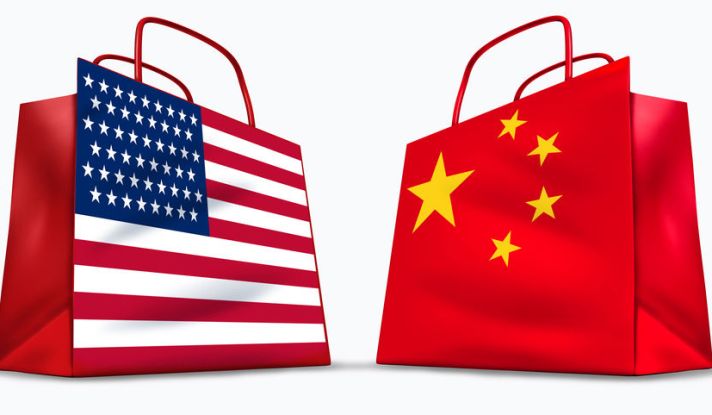


It’s a milestone that most everyone saw coming, but now it’s official: China hasovertaken Japan to become the world’s second-largest economy. The pass was completed when Tokyo on Monday disclosed thatJapaneseeconomic outputwas about $1.28 trillion in the second quarter, slightly below China’s $1.33 trillion. With the Japanese economy weakening while China’s growth remains in double-digits, it’s a foregone conclusion that the mainland will cement its No. 2 position, behind only the U.S., in 2010. Japan joins Germany, France and the U.K. as countries that China has zoomed by in recent years.
Economists predict China won’t be taking the top spot until at least 2020 (if ever). America’s total GDP was about $14 trillion in 2009. But the milestone is the latest reminder of China’s growing political and commercial clout, and could be a catalyst for another outbreak of trade friction between emerging China and developed nations still suffering from high employment and stagnating economic growth. China’s trade surplus with the rest of the world expanded to $28.7 billion in July, the highest in 18 months. The U.S. bilateral deficit with China rose 17 percent in June, to $26.2 billion, the biggest in 40 months.
With deficits again on the rise, critics are again complaining that China isn’t moving fast enough to allow its currency, the yuan, to strengthen against other currencies like the U.S. dollar, giving Chinese manufacturers an unfair pricing advantage in the global marketplace. Persistent protests over Beijing’s currency policies died down in June after Bejing removed its yuan-dollar peg, raising expectations that revaluation was in the works. But the yuan has risen less than half a percent against the dollar this summer, prompting a renewal of rumbling that China keeps the yuan artificially low to protect its export-driven economy. By some estimates, China’s currency is undervalued by 25 percent to 40 percent versus the greenback.
According to a story on DailyFinance.com, some U.S. lawmakers—many facing restive, unemployed and underemployed voters in upcoming November elections—are making threatening noises.California CongressmanBrad Sherman introduced a bill to strip China of the most-favored-nation trade status it was awarded in 2001, making it eligible for reduced customs duties. “The U.S.-China trade relationship is horrendously lopsided and it has not lived up to the promises of those who encouraged us to give preferential trade treatment to China,” Sherman said in a statement. Meanwhile, a group of a U.S. senators signed a letter last week saying there’s “no doubt that the Chinese government is manipulating its currency to keep its value lower than it would otherwise be, which gives its exports a significant advantage over U.S. manufactured goods.”
Beijing’s stated goal of allowing the yuan to strengthen gradually actually works in favor of U.S. and Europeanretailersthat depend upon Made in China products. A sharp adjustment would spell automatic price increases on Chinese imports that recession-weary companies and consumers would be hard pressed to absorb. But if Bejing does not move a little faster, Chinese policymakers risk an outbreak of trade protectionism by competing manufacturing powers out to punish China for its success. Ad hoc trade barriers would serve few except politicians; thelimping global economy needs more international trade, not less. In an Aug. 15 editorial, the New York Times warned that “any move to slap punitive tariffs on Chinese goods could lead to destructive tit-for-tat retaliation.” But the Times editorial also argued that “for the global recovery to continue, domestic demand must revive around the world. Other leading countries must do more to stimulate their own demand. And China cannot keep hogging the global export market.”





